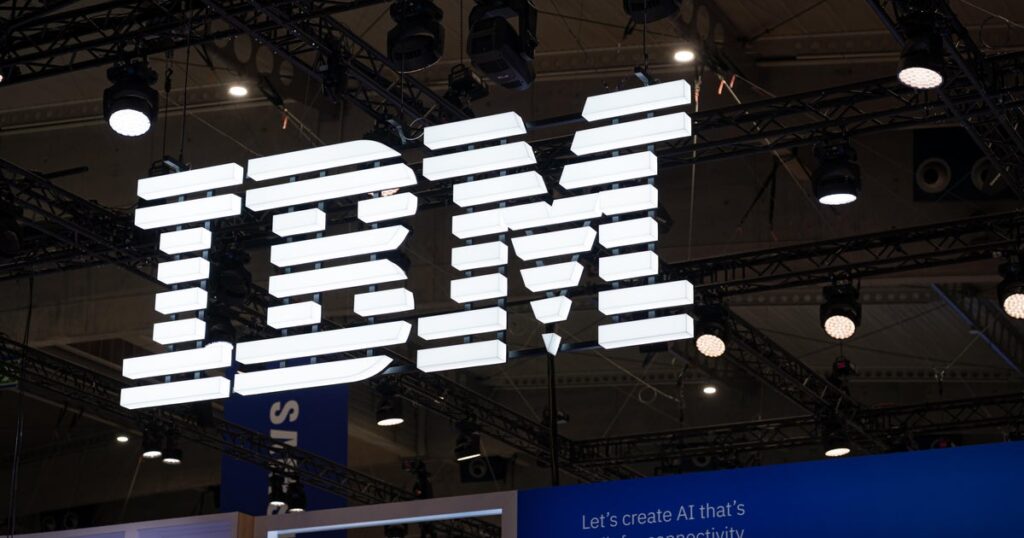On Monday, IBM disclosed plans to invest $150 billion in manufacturing within the U.S. to “boost the economy.”
This investment will include over $30 billion dedicated to research and development, enabling the tech giant to keep producing its mainframe and quantum computers domestically.
“Technology not only creates the future — it shapes it,” stated Arvind Krishna, IBM’s chairman, president, and CEO, in his Monday announcement. “For 114 years, we have prioritized American jobs and manufacturing, and this investment reaffirms our commitment to keeping IBM at the forefront of the world’s cutting-edge computing and AI technologies.”
IBM’s mainframes are produced in Poughkeepsie, New York.
This investment aligns with President Trump’s extensive tariff strategy designed to motivate companies to increase their manufacturing presence in the U.S. While not every company expanding in the U.S. directly attributes their growth to these tariffs, the White House has celebrated such corporate pledges as successes.
For instance, in March, the White House praised Johnson & Johnson’s plan to invest $55 billion in U.S. manufacturing, branding it a “significant win in President Donald J. Trump’s unwavering campaign for American manufacturing supremacy.”
Leading tech companies like Apple and Nvidia have also made large commitments to enhance their manufacturing operations in the U.S. Apple announced in February plans to spend over $500 billion on expanding its U.S. manufacturing plants and increasing employment in states including Arizona, California, Iowa, Michigan, Nevada, North Carolina, Oregon, Texas, and Washington.
In addition, Apple intends to construct a new 250,000-square-foot factory in Houston to produce servers that will support Apple Intelligence, the company’s AI initiative.
American chip manufacturer Nvidia revealed in April that it will begin producing chips and AI supercomputers in the U.S., a decision they claim “strengthens our supply chain and enhances our resilience.”


